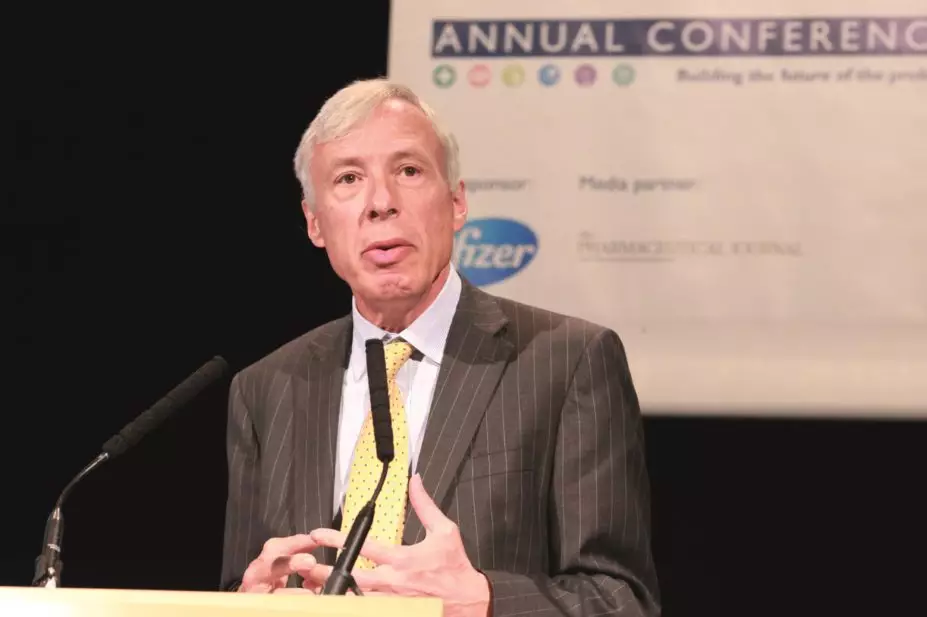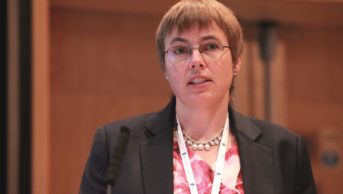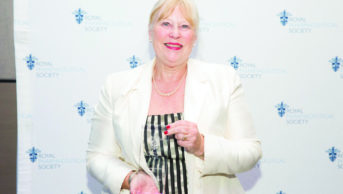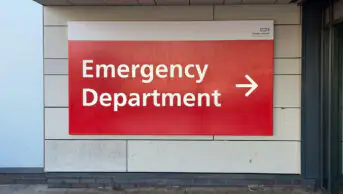
Nadia Attura
A UK government minister addressed the delay in two key documents for pharmacy in a speech to the annual Royal Pharmaceutical Society (RPS) conference on 8 September 2014.
Earl Howe, parliamentary under secretary of state for quality, said no one is more sorry than him that the work to “rebalance” medicines legislation and pharmacy regulation has been delayed. He also acknowledged that the second stage of a government project to reform pharmacy education has not materialised, despite being scheduled to go ahead at the beginning of 2014.
Reform of undergraduate education has been on the agenda within the profession due to the looming spectre of an oversupply of pharmacy graduates and a lack of jobs. Three options were proposed in last year’s consultation: keeping a free market model of pharmacy education, capping student numbers or introducing a break point in the pharmacy degree after three years, at which point only a certain number of students would progress. A second consultation was due at the beginning of 2014 that was expected to put forward the preferred option and detail how to take it forward.
“You may be wondering what happened to last year’s joint consultation from the Higher Education Funding Council of England and Health Education England,” Earl Howe told conference delegates. “Well it hasn’t disappeared and you won’t be surprised to learn that it has highlighted a number of important issues we need to grapple with. We are working closely with the two organisations and the Department for Business Innovation and Skills.”
Earl Howe said the government remains committed to reforming the structure and funding of pharmacists’ education in England, as recommended by the Modernising Pharmacy Careers programme board. “Our aims of delivering a strong science-based education and clinically-focused training will improve pharmacist’s contribution to high quality care,” he said. This reform is essential for plans to transform primary care, which will see pharmacists play a key role in improving the care of people in the community, he said.
Consensus reached on proposals for decriminalising dispensing errors
In a separate piece of work, the UK government is also looking at decriminalising dispensing errors made by pharmacists. Through a quirk of the Medicines Act 1968, it is a criminal offence for a pharmacist to make even an unintentional dispensing error.
Earl Howe highlighted the role of the RPS in the work to rebalance medicines legislation and pharmacy regulation. “The Society has played a key role and this collaborative approach has resulted in a consensus that is acceptable to all,” said Earl Howe. “I will be the first to admit that this process has taken longer than anticipated; nobody regrets that more than I do.”
“But it is essential to get it right,” he said. “Our intention remains to consult publicly on our proposals on dispensing errors and pharmacy owners, superintendents and responsible pharmacists as soon as we are in a position to do so.” He added that cultural and system-wide changes would be needed once legislation had been amended.
Medicines optimisation represents ‘good value’ to the NHS
Part of this change would be to embed medicines optimisation into practice, which was a key theme of the minister’s speech and a principle he said represents good value to the NHS. “We need more clinical and cost effective use of medicines if we are to improve patient outcomes,” he commented.
The minister said pharmacists are ideally placed to help patients optimise their medicines as part of a multi-disciplinary team. “It’s something that I feel every responsible GP and care home should be considering,” he said.
Earl Howe also highlighted the criticism that medicines approved by the National Institute for Health and Care Excellence are not being used consistently throughout the country. He blamed this on “clinical conservatism” and “overzealous local cost containment policies”. He noted that pharmacists are sometimes accused of blocking or slowing the use of new medicines: “If that is happening it has to stop.”
“The clear message is that we need to focus on creating a real clinical pull for innovative and cost-effective treatments and disseminate innovative clinical practice,” he said. “By focusing on cost alone, the NHS risks losing clinical benefits and savings that could be accrued further down the line as a result of better clinical outcomes.”


